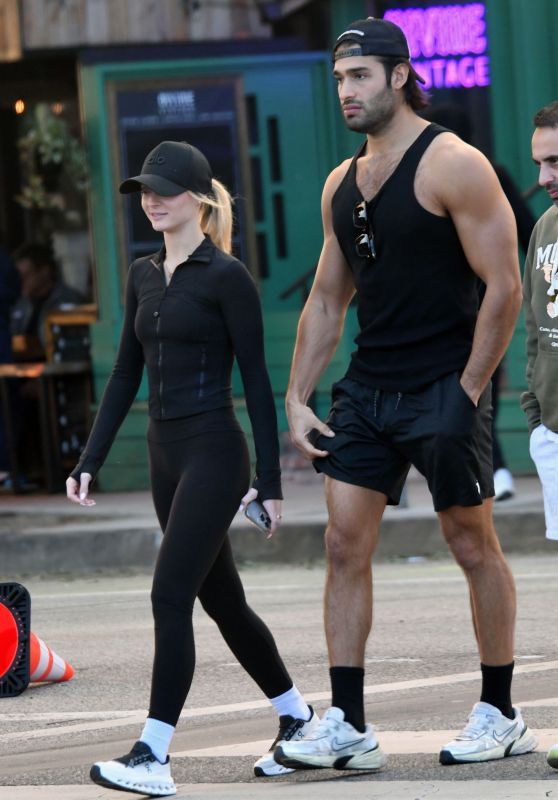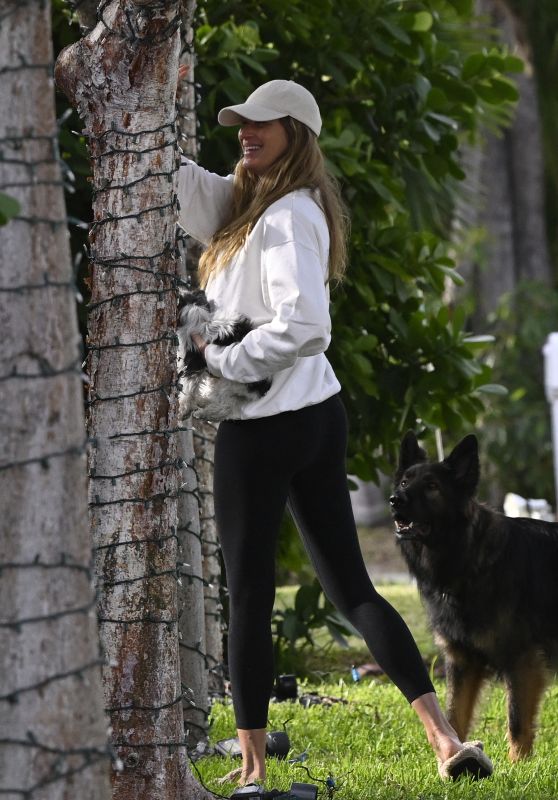“We get love letters, we get messages, we get people crying. I meet people in the grocery store and they’ll fucking cry in my arms,” Watch Duty CEO and co-founder John Clarke Mills tells The Hollywood Reporter of the response to his nonprofit wildfire alert app.
When the Palisades fire first broke out on Tuesday, social media flooded with suggestions for those in Los Angeles to download Watch Duty to stay up-to-date on the fire’s movement and evacuation orders. From Tuesday to Friday, the app had onboarded twice as many users as they’ve ever had, according to Mills.
The nonprofit, which allows users to use the app on their phone, tablet or web browser, came to be due to Mills’ own experience with “devastating fires,” including the Walbridge Fire and another unnamed fire. Mills lives off the grid in the woods of Sonoma County.
“I’ve been through this a couple times, and I am bombarded with nonsense alerts, alerts that don’t say anything or no alerts at all, frankly,” he explains. Those who live in L.A. can relate, as Thursday night an evacuation warning meant for one targeted area was mistakenly sent to all of the city.
“I’ll see tankers dropping the red stuff, the wet stuff on the red stuff, and there’s just no news about it,” Mills continues. “I don’t really understand what’s going on.”
The CEO says he started to “dig into my community,” riding around in fire trucks, doing wildland fire training courses and attempting to work with politicians who, as he puts it, “had no interest in working with” him. “I just realized that no one was going to fix this, no one was going to figure it out, and there’s lots of people like me who were trying to figure out what is going on,” he adds.
“The impetus of this is the same thing that people are going through now,” Mills says, noting that while Watch Duty now exists and is helpful, it is never enough. “Unfortunately, you’re just trying to figure out what’s going on at all costs, and we wanted to ease that pain and suffering. We didn’t realize we were evacuating entire towns and schools and the whole thing.”

Watch Duty operates, as many nonprofits do, with a mix of paid staff and volunteers. The company currently has about 200 volunteers, according to Mills, 15 of which are paid. They have seven paid reporters and about 35 other volunteer reporters. The nonprofit’s reporters come from a variety of backgrounds, including first responders (wildland fire and dispatch), children of fire service workers and more.
“They are hearing facts on the radio and reading the information out,” Mills says. The CEO notes many of the reporters on staff were already updating the public as individuals on the internet and had decently large followings.
“They have a very deep visceral understanding of this,” he says of the reporters, who he says sleep in shifts during times like these. “Many of them have lost everything. Many of them have just done this out of the goodness of their heart.”
Watch Duty lays out their process for disseminating information clearly on their website, but Mills explains that the every incident is a team effort. He emphasizes that real people are listening to first responders on the radio in real time.
Our systems remain 100% operational while our radio operators sleep in shifts and our engineers are throwing everything they have at it to sustain up to 100,000 requests per second with an average response time of <20 ms. We’ll be up all night with you, Angelinos. 🫡
(graph is… pic.twitter.com/CTdTMyMjoe
“Three people will hear that [details of incident]. We all talk in Slack, so there’s not a lone actor who’s just putting out random information like Twitter, for example, or Next Door, and so they’re collaborating,” he says, adding that a reporter will take lead on a specific fire until they need a break. “We all start listening and repeating each other and feeding information and verifying that that’s actually what was said.
“What is interesting is what we don’t say. Firefighters have died and there’s been engine rollovers and things of that nature. We don’t publish that information,” Mills explains, adding that’s the difference between them and “open-door nonsense” on other sites. “We don’t want to be the one to let a spouse know that engine number 345 just rolled. We know that. We hear it at the same time as the fire service. What we don’t publish is also just as important, and that is what’s gained the trust of the fire service.”
As Watch Duty gains notoriety, some have speculated whether or not the company will stay a nonprofit. Mills is extremely clear about the future of Watch Duty. “No reason to change,” he says, adding that as long as he can pay his reporters and engineers a living wage, the rest doesn’t matter.
Mills says he’s been very blessed to have made money in his career. “I don’t need the money right now. I’ll get paid again later,” he says, explaining his last company was a retail food service software that he sold to Chipotle and Sweet Greens.
“I don’t want to sell this. To who? No one should own this. The fact that I have to do this with my team is not OK. Part of this is out of spite. I’m angry that I’m here having to do this, and the government hasn’t spent the money to do this themselves,” Mills says. “So, no, it’s not for sale. No, I’m not open to change all of a sudden, and I just don’t give a shit.”




















 English (US) ·
English (US) ·